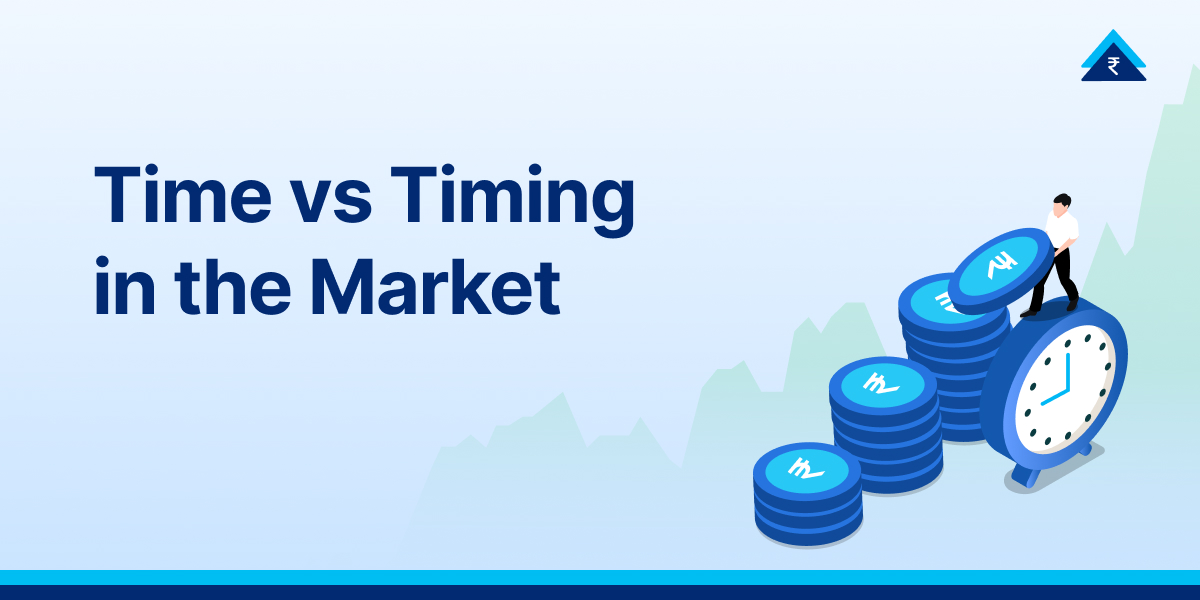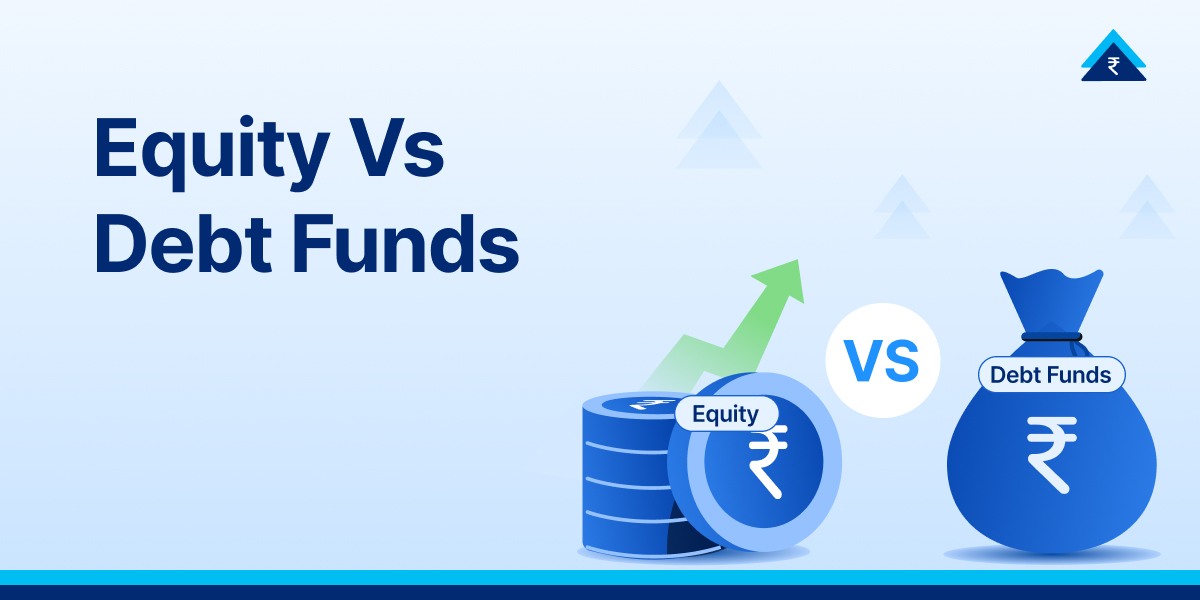Spreading out your investments across a variety of assets is a smart way to lower the risks involved. For this, it is important that you know the different types of asset classes wherein you may invest your savings and grow wealth for your goals.
Here is a snapshot of various types of asset classes and their characteristics.
Equity
When you invest in equities (also known as stocks), you get to buy shares of a company i.e ownership in the company in proportion to your investments. This gives you the right to vote for important decisions that a listed company would take. Additionally, you are entitled to get dividends from the company’s profit. As the stock price rises, your investment appreciates and you get to sell it at a higher price to pocket the profit.
Equity investments do not promise fixed returns and are therefore considered risky. However, it has the potential to yield relatively higher returns in the long run. Stocks have high liquidity and allow you the flexibility to convert these easily into cash.
Investors who have a relatively high-risk profile may consider investing in stocks either directly or through mutual funds. Additionally, those who have a long term horizon may invest in equities to create wealth for long term goals such as retirement.
Institutional players like mutual funds, pension funds, EPFO and insurance companies, and stock market traders invest in stocks.
Debt/ Fixed Income
Debt or fixed income categories include securities like fixed deposits (FD), government bonds, corporate bonds, and money market instruments. These options, like bank FDs, provide a fixed rate of interest on the amount invested when you stay invested for a fixed tenure. But if it is partially or fully withdrawn before maturity or before the tenure ends, then banks can penalize investors. Hence, FDs are not as liquid as stocks.
Compared to stocks, debt securities have low volatility. Their values may not fluctuate as severely as stocks. However, the value of debt securities like bonds may be affected due to fluctuations in the overall interest rate environment.
Individuals, corporations, and other intermediaries like mutual funds, pension funds, and insurance companies also invest in debt for fixed income. Debt investments are preferred by investors with a relatively low-risk appetite and who have a short to medium-term investment horizon.
If you are a conservative investor and want to earn moderate returns for your near term goals, then you may invest in debt.
Cash
Cash, as an asset class, refers to your savings parked in your savings bank account. It is one of the most important assets in your financial portfolio that may come in handy as and when the need arises.
Apart from keeping your cash in savings accounts, you may also consider Liquid Funds. These are mutual fund schemes that offer you a relatively higher rate of return than a savings bank account at a similar level of flexibility to withdraw it anytime.
Keeping some level of cash as an emergency aid is important at all times.
Real Estate
Real estate investment or buying a piece of land/flat/building and selling it at a higher price later has been a traditional form of investment. Most people believe that real estate investment yielded higher returns than any other asset class until the collapse of the real estate market in India after 2008.
Most people these days shy away from buying a property unless you are going to stay in it.
Since real estate involves huge investment and is a relatively illiquid asset (it takes time to find a buyer at the right price), you may probably invest in real estate if you are sitting on cash with no debt and enough emergency funds and retirement funds. If you want to invest in property, you need to have a long term horizon.
REITs are yet another way in which you can invest in real estate and make it profitable at the same time.
REITs or ‘Real Estate Investment Trusts’ is a company that owns, operates, or finances income-generating real estate. It works like mutual funds wherein it pools capital from investors and invests in properties. Investors can earn dividends from these investments without buying, managing, or financing any properties themselves.
Some of the listed REITs in India are Embassy Park REITs, Mindspace REITs, etc.
Any individual can invest in real estate. Besides, big corporations buy land for their projects and plants. Apart from that, retail investors, institutional investors, and traders invest in REITs.
Commodities
There are various ways you can invest in commodities. One is by buying physical metals such as gold, silver, and platinum. Another way of investing in commodities is through a commodity market where you can bet on a price hike or fall of all commodities such as gold, oil, sugar, jowar, etc.
It is similar to investing in equities but in the commodity market, you need to trade on futures contracts and square off the positions before or on the day when the contract expires.
In India, the prominent commodity exchange is MCX (Multi Commodity Exchange), NCDEX (National Commodity and Derivatives Exchange). Other popular commodity exchanges around the world are LME (London Metal Exchange) and NYMX (New York Mercantile Exchange).
Retail investors can invest in commodity markets and physical commodities along with traders. There is very little institutional participation in the Indian commodity market. There is a lesser participation of individuals in commodities markets, and investing through a broker or trader may be preferred.
Conclusion
There are several asset classes where you may invest; some are more liquid than others. Overall, you should keep your financial portfolio diversified so that you can have a good blend of high-risk investments like equities while some safe assets like debt for emergencies. Remember to stick to your risk profile while making an investment.






